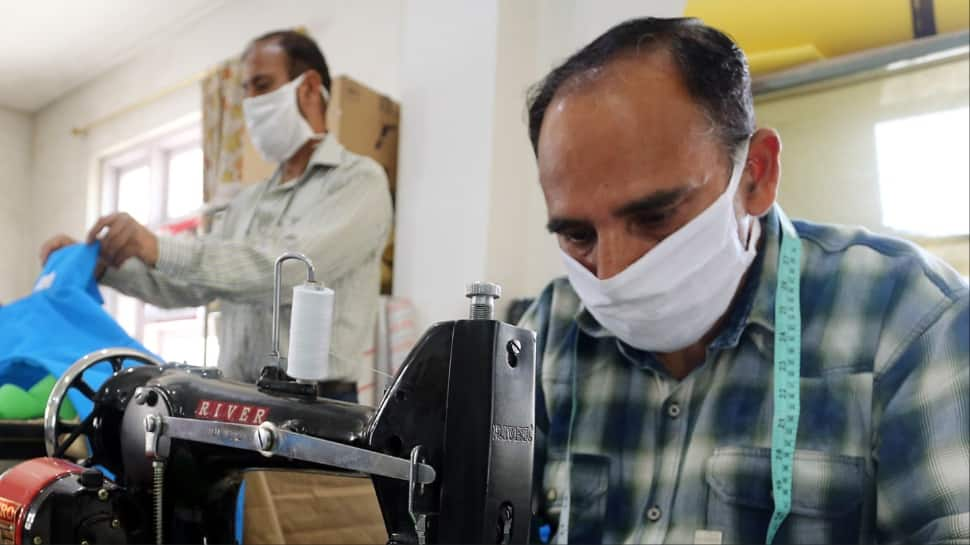 |
|
The Uttar Pradesh State Women Commission, in an attempt to bolster women's safety, has proposed a controversial ban on men tailoring women's clothes and cutting their hair. This initiative, spearheaded by the commission's chairperson Babita Chauhan, aims to address concerns about potential harassment and 'bad touch' during such services. The proposal, which includes the mandatory installation of CCTV cameras in tailoring shops and salons, has sparked heated debates about its practicality and effectiveness.
The commission, citing numerous incidents of alleged harassment during tailoring and salon services, argues that the presence of male professionals in these settings poses a significant risk to women's safety. They believe that restricting these services to female professionals will create a more secure environment for women, allowing them to access these essential services without fear of unwanted advances or inappropriate behavior.
However, critics argue that the proposal is overly simplistic and overlooks the complexities of gender dynamics and societal norms. They point out that focusing solely on the presence of men in these professions ignores the broader societal issues that contribute to harassment and violence against women. Furthermore, they contend that the proposal may lead to discrimination against male tailors and barbers, forcing them out of their professions and potentially causing economic hardship.
The proposal also raises concerns about its practical implementation. Ensuring that only female professionals are employed in these sectors could be challenging, potentially leading to staffing shortages and increased costs. Additionally, the effectiveness of CCTV cameras in preventing harassment is debatable, as cameras alone cannot address the underlying issues of societal attitudes and the lack of consequences for perpetrators.
The proposed ban highlights a broader societal debate regarding gender equality and women's safety. While the commission's intention to protect women is commendable, the effectiveness and practicality of this specific measure remain questionable. Instead of resorting to blanket bans, perhaps a more nuanced approach that focuses on education, awareness, and stricter enforcement of existing laws against sexual harassment might be more effective in creating a safer environment for women.
Source: Men Should Not Tailor Women's Clothes Or Cut Their Hair: UP Panel Proposes Norms
